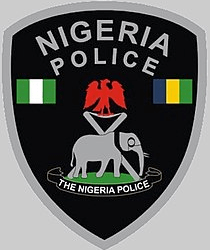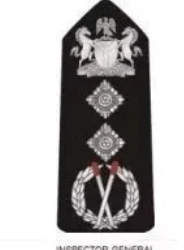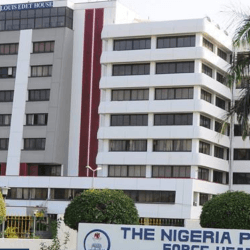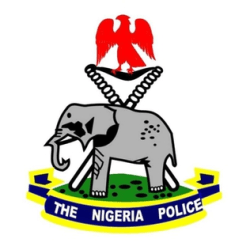Nigeria Police has 15 ranks with 4 entry levels. The entry levels into the Nigeria Police are:
- Constable
- Cadet Inspector
- Cadet Assistant Superintendent of Police
- Nigeria Police Academy degree programme
Police ranks in Nigeria, from top to bottom:
- Inspector-General of Police (IGP)
- Deputy Inspector-General of Police (DIG)
- Assistant Inspector-General of Police (AIG)
- Commissioner of Police (CP)
- Deputy Commissioner of Police (DCP)
- Assistant Commissioner of Police (ACP)
- Chief Superintendent of Police (CSP)
- Superintendent of Police (SP)
- Deputy Superintendent of Police (DSP)
- Assistant Superintendent of Police (ASP)
- Inspector of Police (IP)
- Sergent Major (SM)
- Sergent
- Corporal
- Constable
Police ranks in Nigeria, from bottom to top:
- Constable
- Corporal
- Sergent
- Sergent Major (SM)
- Inspector of Police (IP)
- Assistant Superintendent of Police (ASP)
- Deputy Superintendent of Police (DSP)
- Superintendent of Police (SP)
- Chief Superintendent of Police (CSP)
- Assistant Commissioner of Police (ACP)
- Deputy Commissioner of Police (DCP)
- Commissioner of Police (CP)
- Assistant Inspector-General of Police (AIG)
- Deputy Inspector-General of Police (DIG)
- Inspector-General of Police (IGP)
Symbols of police ranks in Nigeria:
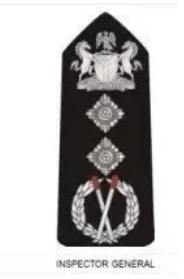
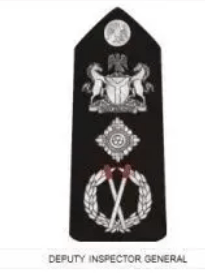
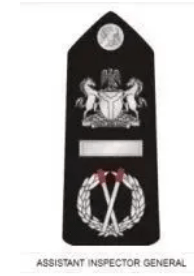
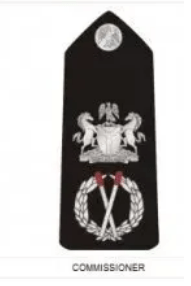
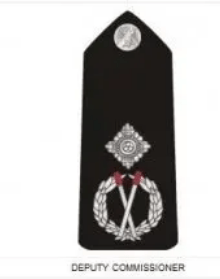
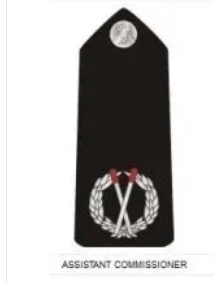
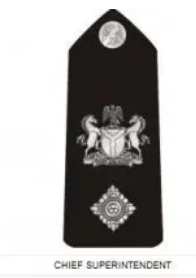
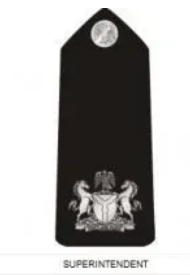
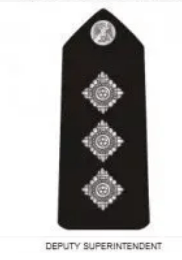


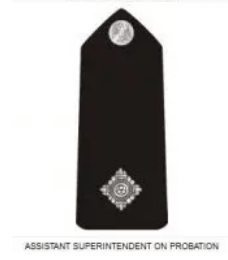
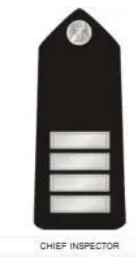
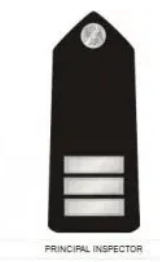

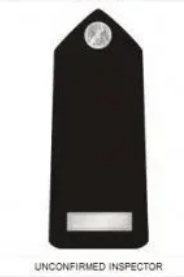
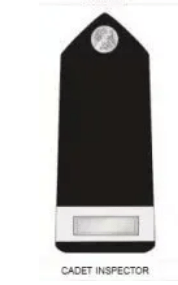
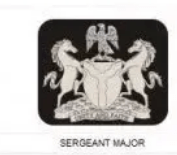
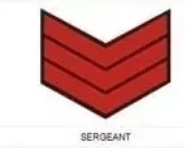
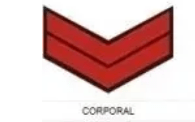
List of Nigeria Police ranks, from bottom to top: Constable to Inspector General
Ranks in Nigeria Police, from Constable to Inspector General are:
- Constable
- Corporal
- Sergeant
- Sergeant Major
- The Inspector of Police
- The Asst. Superintendent of Police
- The Deputy Superintendent of Police
- The Superintendent of Police
- The Chief Superintendent of Police
- The Asst. Commissioner of Police
- The Deputy Commissioner of Police
- The Commissioner of Police (In-charge of contingents in a state)
- The Asst. Inspector-General of Police
- The Deputy Inspector-General of Police
- The Inspector-General of Police
List of Nigeria Police ranks, from top to bottom: Inspector General to Constable
Ranks in Nigeria Police, from Inspector General to Constable are:
- The Inspector-General of Police
- The Deputy Inspector-General of Police
- The Asst. Inspector-General of Police
- The Commissioner of Police (In-charge of contingents in a state)
- The Deputy Commissioner of Police
- The Asst. Commissioner of Police
- The Chief Superintendent of Police
- The Superintendent of Police
- The Deputy Superintendent of Police
- The Asst. Superintendent of Police
- The Inspector of Police
- Sergeant Major
- Sergeant
- Corporal
- Constable
How to understand police ranks
Non-commissioned officers
These are officers who entered the police with a qualification less than first degree.
Constable
A police constable is a newly employed police man who has the lowest rank.
Corporal
The corporal comes after constable. The abbreviation of police corporal is Cpl.
Police Sergeant
The rank of a police sergeant is below the rank of a sergeant major, and it is the middle rank of a non-commissioned officer.
Sergeant Major
A Sergeant Major assists administrative officer of a particular division, and it is the highest rank of a non-commissioned officer.
Commissioned officers
These are officers who entered the police with a degree qualification either from the police academy or other institutions of learning
Cadet Inspector
A Cadet Inspector is commonly known as Inspector of Police (IP), and it is the lowest rank held by a police officer after undergoing a training of service as a commissioned officer.
Assistant Superintendent of Police (ASP)
An Assistant Superintendent of Police is below Superintendent and Deputy Superintendent and it is the second lowest senior officer rank.
Deputy Superintendent of Police (DSP)
Deputy Superintendent is a senior rank that is higher than Assistant Superintendent.
Superintendent of Police (SP)
This rank is between Chief Superintendent and Deputy Superintendent of Police.
Chief of Superintendent of Police CSP
A Chief of Superintendent of Police, CSP is a rank in police that is higher than the Superintendent.
Assistant Commissioner of Police (ACP)
An Assistant Commissioner of Police is above the Chief Superintendent and Deputy Commissioner of Police. It is the sixth highest rank in the Nigerian police senior officers’ rank.
Deputy Commissioner of Police DCP
The rank of a Deputy Commissioner of Police is between the Assistant Commissioner and the Commissioner. The Deputy Commissioner takes over the command when the State Commissioner is not there, and he also supervises the Assistant Commissioner of police during their daily activities.
Commissioner of Police CP
The Commissioner of Police is in charge of police troops in a state, subject to the command of the Inspector General and is the number one police officer in the state.
Assistant Inspector General of Police AIG
The Assistant Inspector General of Police is the second in command of the police force. He comes after the Inspector General and takes orders from there.
The Inspector General of Police IGP
This is the highest rank in Nigeria Police Force. The Inspector General of Police is the head of the police force in Nigeria and also the most Senior Officer.
More on police ranks
Ranks in the Nigeria Police are legally provided for by section 5 of the Police Act.
In accordance with section 215(2) of the 1999 Constitution, section 6 of the Police Act, 1990 laws provide that orders to perform duties flows from the Inspector-General of Police, through the chain of Command, to any Officer positioned to implement such order. Disobedience to carry out such order attracts punishment.
The next in the line to the Inspector General of Police, is the Deputy Inspector General of Police and can act in the Inspector-General’s absence.
Section 5 of the Police Act makes room for as many DIGs as the Nigeria Police Council considers appropriate.
The Office of the Assistant Inspector-General of Police is provided for by section 5 and 8 of the Police Act. He shall act for the Inspector-General of Police in the event of the absence of the Inspector-General of Police and Deputy Inspector-General of Police. Section 5 of the Police Act, in accordance with the provisions of section 215 (2), of the Nigeria Constitution, provides for the office and rank of a Commissioner of Police who shall be in control of contingents of the Police Force stationed in a State. A Commissioner is however subject to the command of the Inspector-General or who ever acts in the absence of the Inspector-General.
